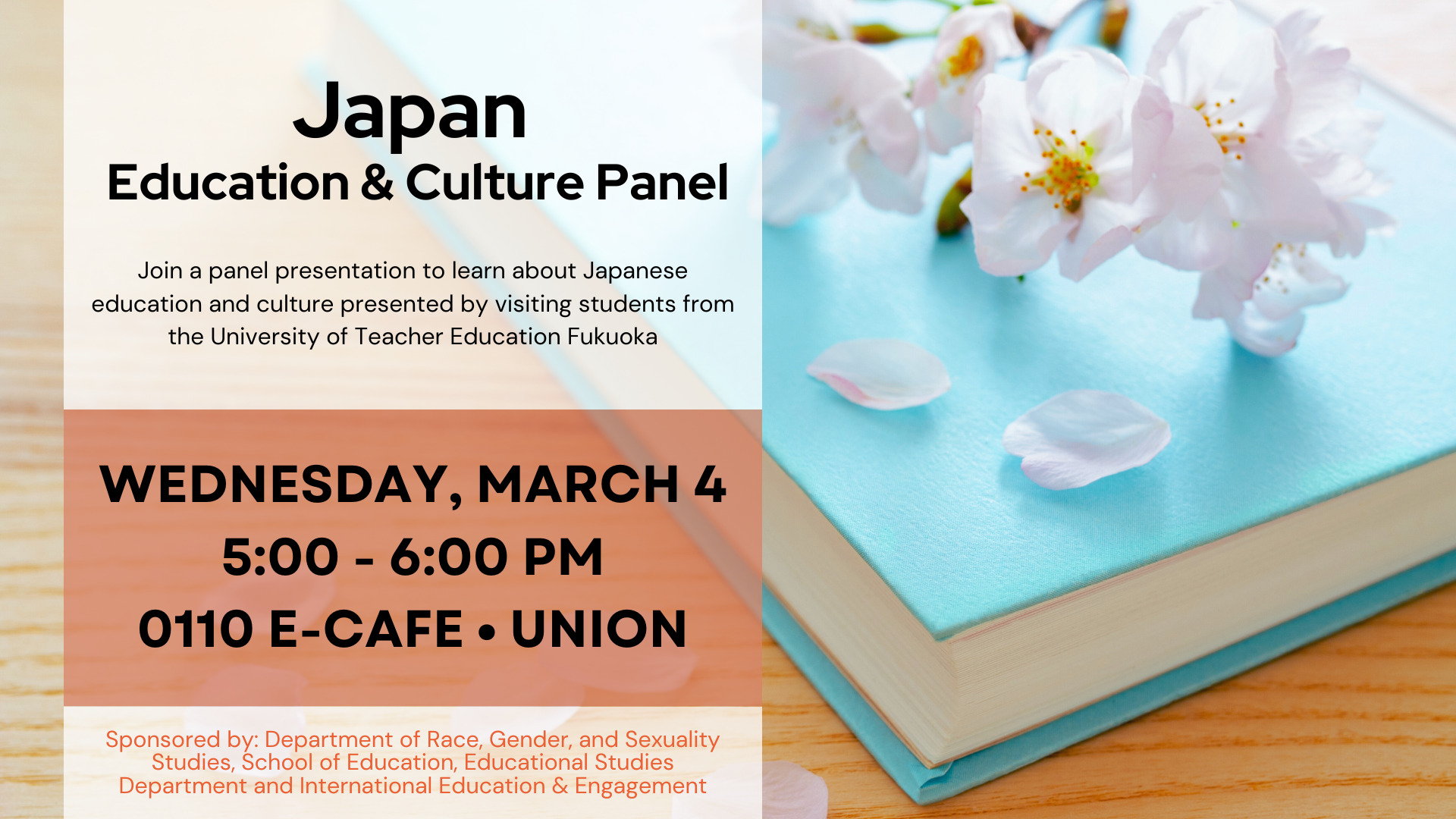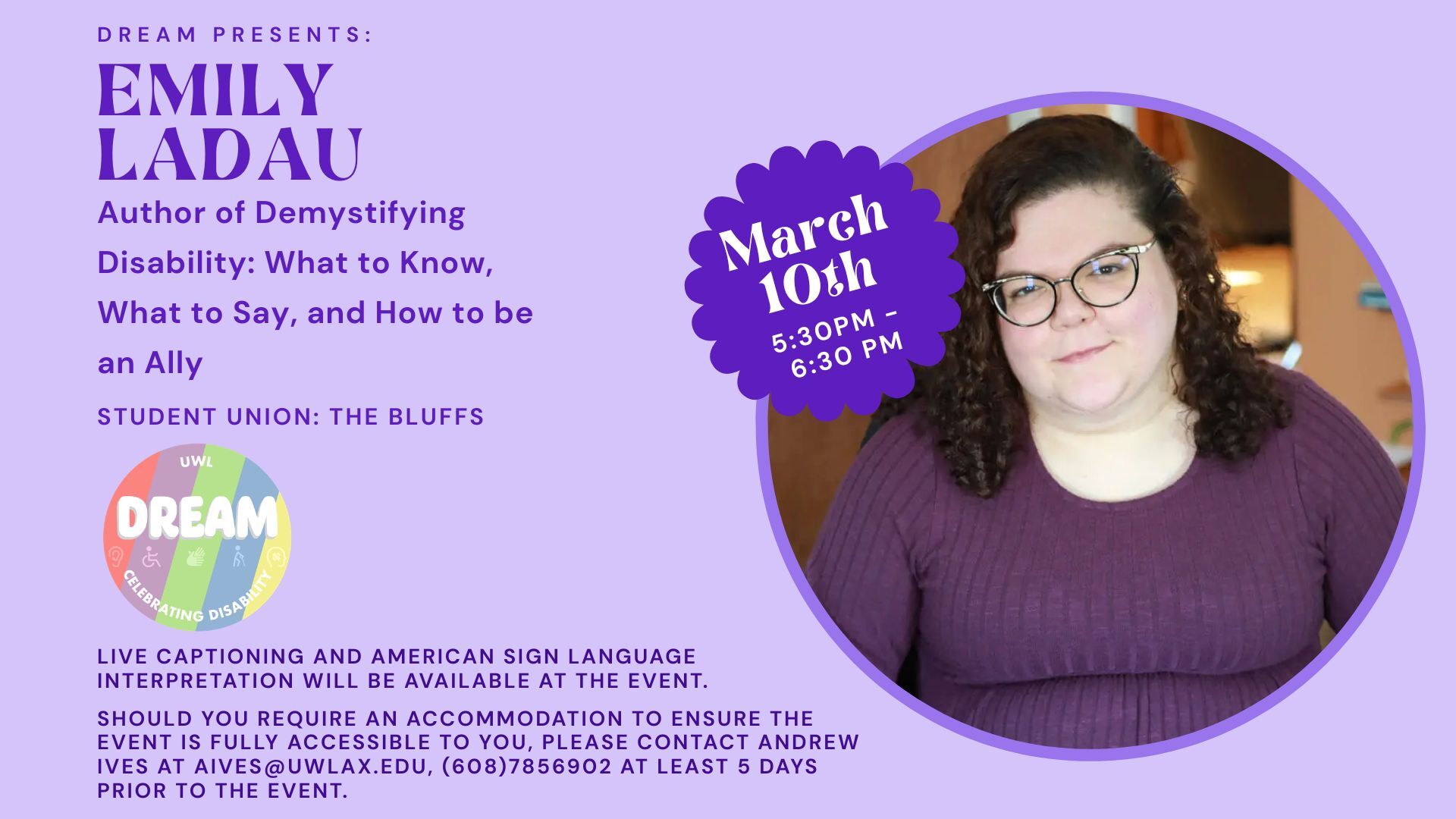Undergraduate programs
Race, Gender & Sexuality Studies
Undergrad major Undergrad minorAn education in Race, Gender & Sexuality Studies is an opportunity to learn about problems of social, economic, racial, and gender inequality.
Social Justice
Undergrad minorLearn the skills to help solve problems and create a more just world in UWL's Social Justice Minor.
Program outcomes
& opportunities
The basis of many of our courses begins with:
- a desire to make the world better,
- to ensure that people are treated with dignity and respect
- to allow people to live their lives more fully
We use an intersectional approach to understanding people/groups and students gain a deep understanding of how race, class, gender, sexuality, etc. all contribute to their experience of the world, physically, socially, and emotionally.
Did you realize that...














